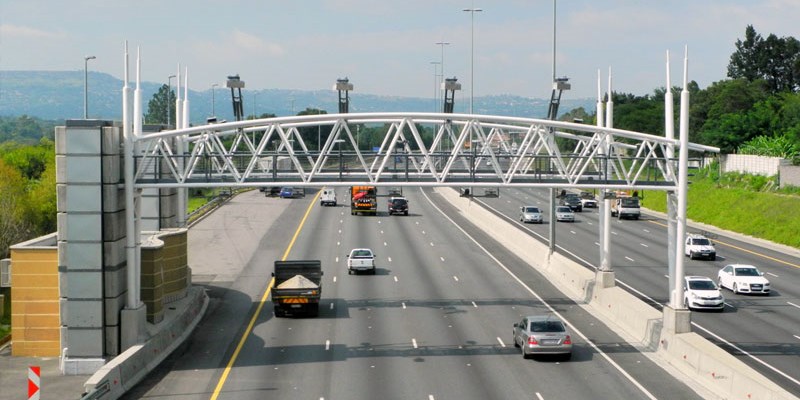
After enduring over a decade of resistance from motorists, e-tolls on key highways in Gauteng, South Africa, have been switched off, marking the end of a tumultuous era.
The e-toll system, initiated in 2013, faced widespread defiance from drivers in the province, home to three of the country’s largest cities.
The decision to implement e-tolls was met with public outcry, particularly as citizens realized they would be shouldering the cost of infrastructure improvements made ahead of the 2010 FIFA World Cup.
Despite efforts by the South African National Road Agency (Sanral) to promote compliance, including toll reductions and legal threats, the system largely failed to gain traction.
The tolls became a significant political issue, contributing to a decline in electoral support for the ruling African National Congress in the province.
Legal challenges further complicated the situation, leading to a substantial increase in Sanral’s debt.
Read | SANRAL Announces a 6,25% Toll Tariff Hike
While the shutdown of e-tolls has been celebrated by civil society groups and citizens, taxpayers are left to foot the bill.
The National Treasury agreed to cover Sanral’s massive debt from the project, with the Gauteng administration committing to repay a portion and allocate additional funds for maintenance.
Despite the resolution, questions remain regarding the cost of the project and the government’s handling of the situation.
However, for motorists, the relief is tangible as the once-ubiquitous sound of e-tag beeps fades into memory.





